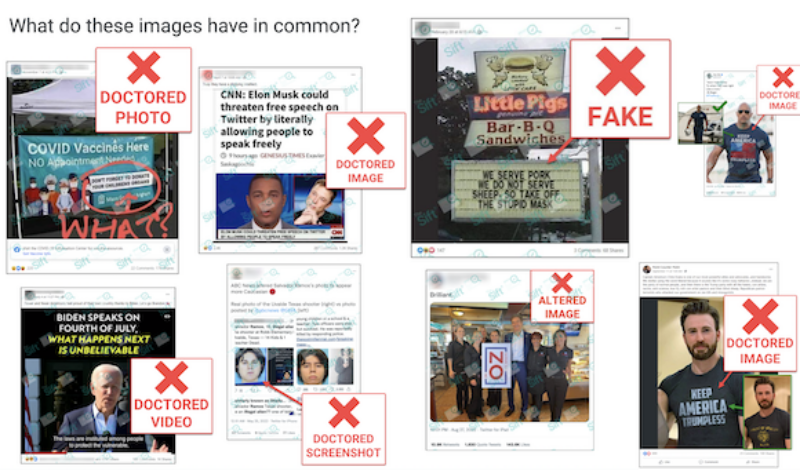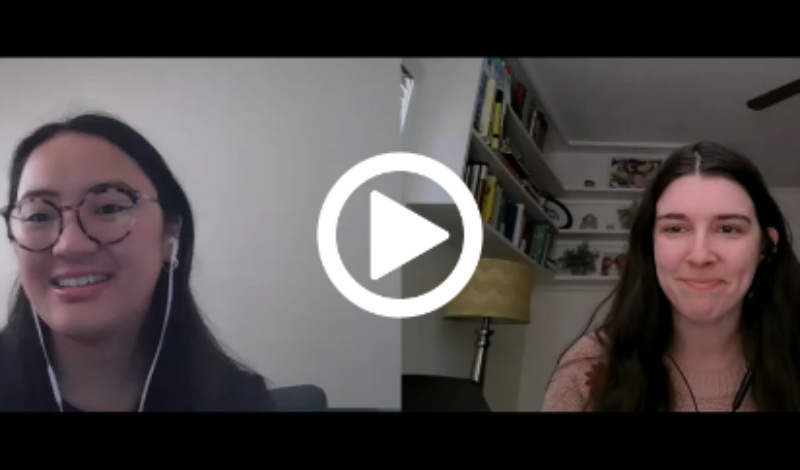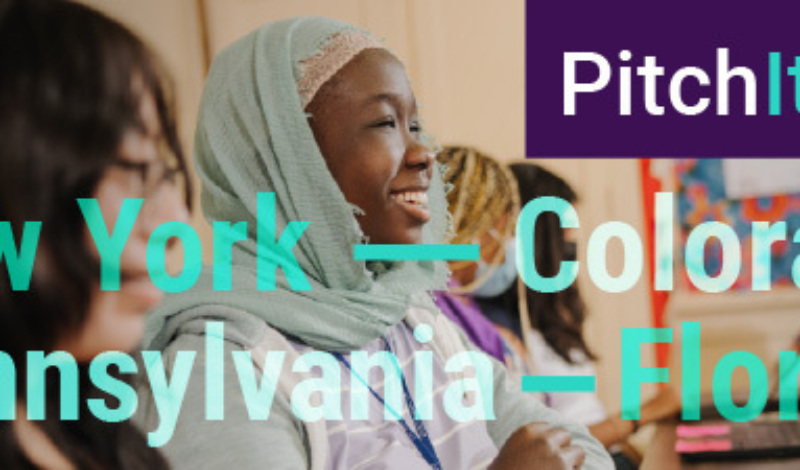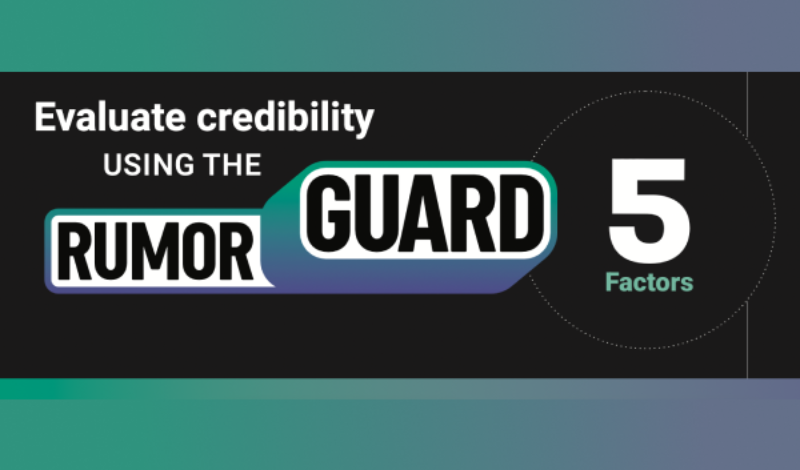
How to speak up without starting a showdown
Misinformation is always problematic, but when it appears alongside family updates on social media, it can be especially frustrating.
In this classroom activity, students join an “expert” group to learn one specific digital verification skill, then reorganize and join a “jigsaw” group to share what they learned with their classmates and to fact-check and analyze one example (or more) of viral rumors.
“Jigsaw” groups will work as a team to answer a series of questions about the authenticity and origins of visual examples (photos and videos) and the accuracy of any claims made (in an accompanying social media post or meme, for instance). Then, students extend their skills to explore each example further.
Each group will learn about five digital verification skills and consider how these skills can help them be more digitally savvy online as they work together to investigative a viral rumor. These verification skills include:
Students can review these skills by watching video tutorials available in the Check Center through the News Literacy Project’s free Checkology® virtual classroom.
This news literacy activity is suggested for grades 7-9 and 10-12+. It also makes the following essential questions available for exploration:
The activity can help students apply what they have learned in the “Misinformation” lesson on Checkology. In this foundational lesson, misinformation expert Claire Wardle of First Draft — a disinformation research organization — examines five common types of misinformation. Students gain a new vocabulary to distinguish between different kinds of false content online.
About classroom activities:
NLP’s activity plans are designed to be “evergreen” news literacy resources that help educators introduce and reinforce specific news literacy skills and concepts. They are often best used as follow-up and extension activities from specific NLP lessons, either in the resource library or on Checkology.
Misinformation is always problematic, but when it appears alongside family updates on social media, it can be especially frustrating.


In this lesson, students review examples of misinformation, identify a rumor pattern and create a list of red flags


This week, we talk to Karena Phan, a reporter for the news verification team at The Associated Press. Phan


Student voices are catalysts for positive change in schools and communities. You can empower them to be well-informed and


Don’t get caught off guard. Recognize misinformation and stop it in its tracks by using RumorGuard’s 5 Factors for



